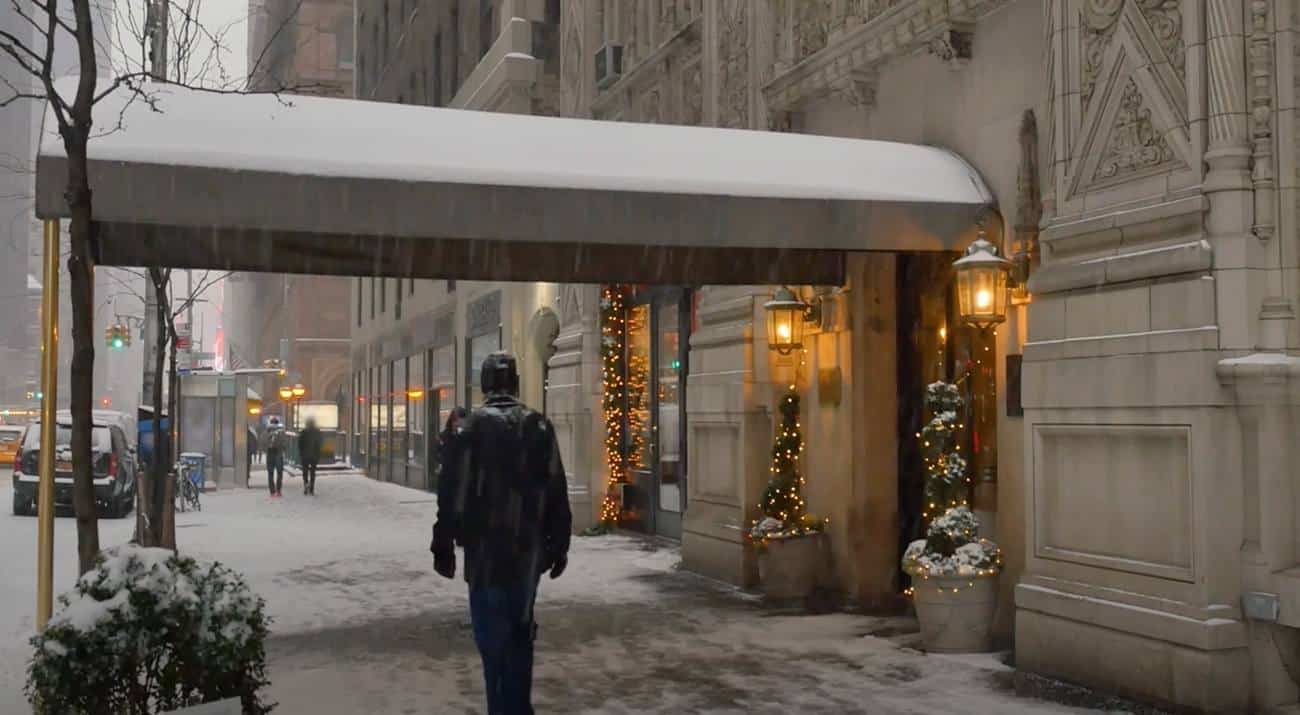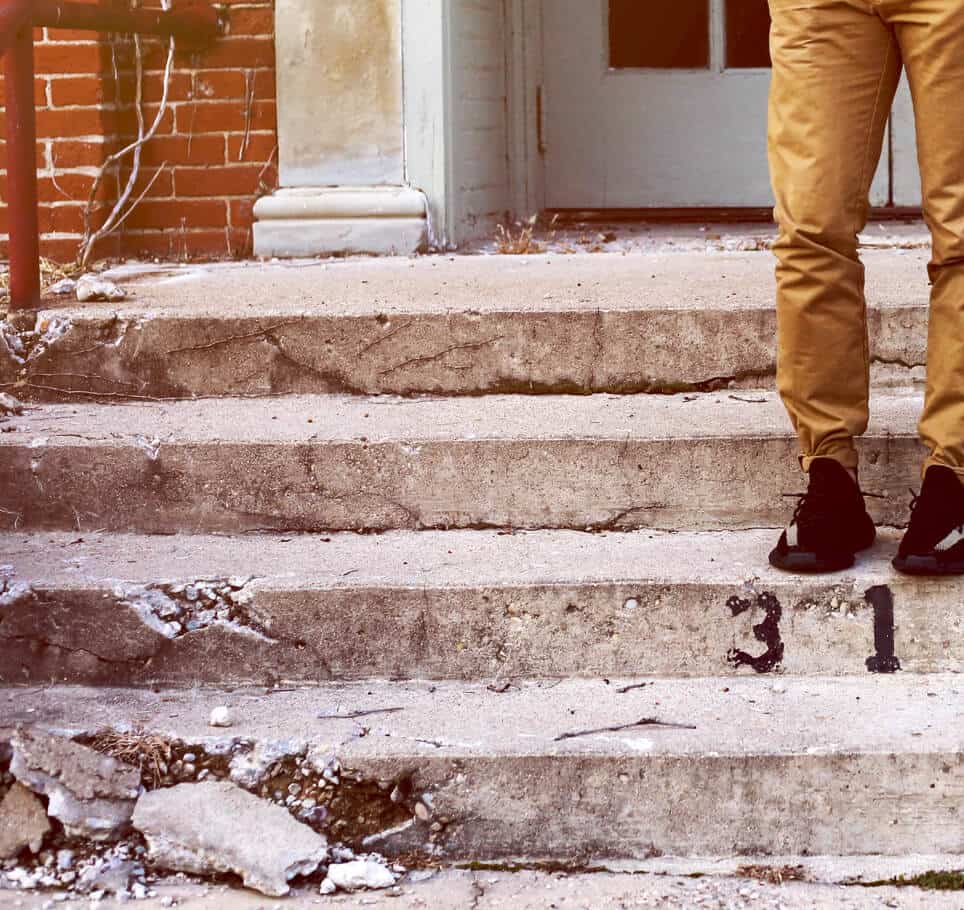The amounts you can recover depend on many things, including the severity of your injuries, the amount of your lost income, the value of your lost or damaged property, the degree to which your life has been impacted, the amount of your medical bills, and the amount of your future medical expenses.
The amount of money you recover is called “damages.” Our legal system has different categories of damages that you can claim depending on the specific circumstances in your case. In personal injury claims, there are four (4) primary categories of damages. They are economic damages, non-economic damages, permanent impairment damages, and disfigurement damages.
1. Economic Damages are repayment for financial losses or expenses you have because of the incident. These include things like medical bills, lost pay, and damaged property.
2. Non-Economic Damages are compensation for things like living with pain, enduring emotional distress, and being unable to enjoy your life and do the things you did before you were injured.
3. Physical Impairment Damages compensate you if you are permanently impaired as a result of your injuries.
4. Disfigurement Damages are compensation for scarring, amputation, or other permanent disfigurement to any part of your body.
There are non-economic damage caps in Colorado. Damage caps are limits on the amount you can recover. Current non-economic damages caps are $613,760 for incidents that occur on or after January 1, 2020, and $468,010 for incidents that occurred before January 1, 2020. The damage limitation will increase at regular intervals to offset inflation. The Colorado Secretary of State publishes a Certificate with all of the current damage caps. The Certificate can be found here.
There are no damage caps on economic, physical impairment or disfigurement damages.
In Wrongful Death cases, the damages are for the harms suffered by surviving family members and dependents. They include:
1. Economic Damages include funeral expenses and lost income or financial support provided to family members.
2. Non-Economic Damages recognize your grief, loss of companionship, emotional stress and pain suffering.
3. A “Survival Act” claim can also be made for the victim’s medical bills caused by the accident.
There are non-economic damage wrongful death damage caps in Colorado. Wrongful death damage caps are limits on the amount you can recover. Current wrongful death non-economic damages caps are $571,870 for incidents that occur on or after January 1, 2020, and $430,070 for incidents that occurred before January 1, 2020. The damage limitation will increase at regular intervals to offset inflation. The Colorado Secretary of State publishes a Certificate with all of the current damage caps. The Certificate can be found here.
All of the above categories of damages are based on the harms you suffered. But there also may be times where the defendant must pay additional damages because their conduct was so bad. “Punitive” or “Exemplary Damages” apply if a defendant was more than negligent. Negligent basically means careless. But if a defendant was more than careless, if he was reckless, then he might have to pay punitive damages. Punitive damages are meant to punish the defendant for acting in a way that is so clearly dangerous that it is likely to seriously hurt someone. Punitive damages do not come into play in most cases.
“Statutory Damages” can be awarded in circumstances where a defendant violates a specific statute that provides certain damages. One such statute is the unfair denial or delay of a payment that your own insurance company owes you. C.R.S. sections 10-3-1115 and 10-3-1116. These damages apply when you make an uninsured or underinsured claim with your own insurance company and they deny payment even after they have received enough information to prove you should be paid. If this happens, the insurance company may have to pay treble damages (three times (3x) the amount of your claim) plus your attorneys’ fees and costs.
If you are partially at fault for causing the incident, your damages can be reduced by the percentage that you are at fault, which is called comparative negligence.
There are also other types of damages not covered by this post. The amounts you can recover depend on the specific circumstances of your case. It’s important to know which categories apply in your case and how to prove damages to an insurance company. Feel free to contact us if you would like to discuss the specific types and amounts of damages that apply in your case.

